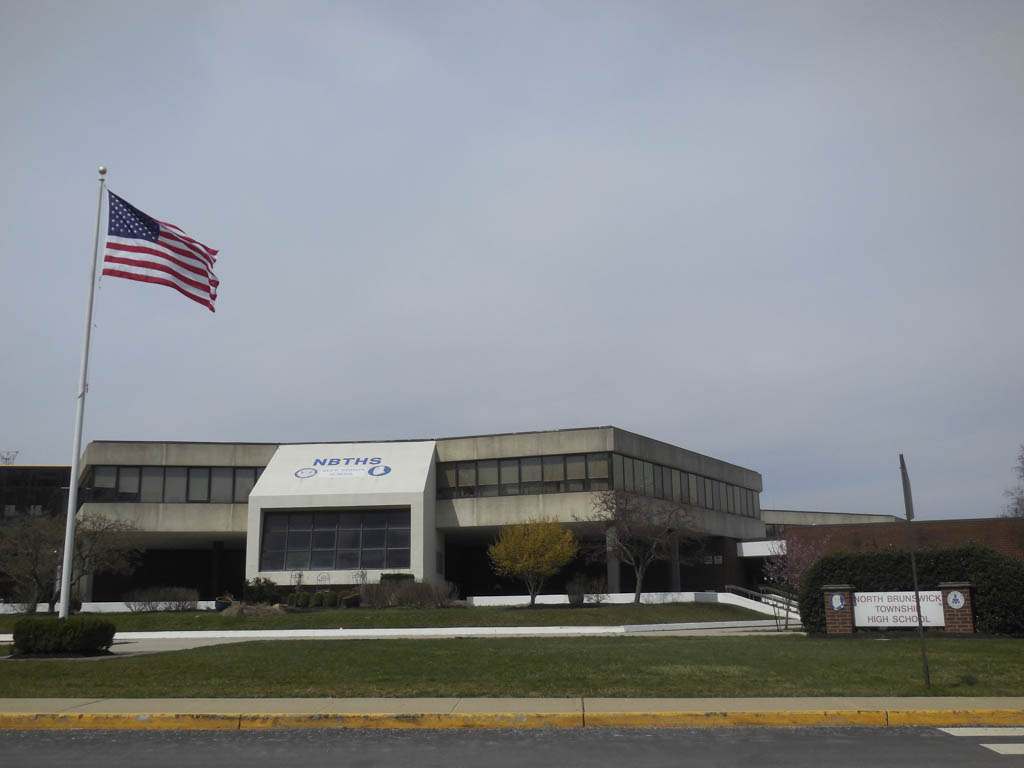NORTH BRUNSWICK – The North Brunswick School District tax levy for the 2018-19 school year would have remained flat if not for costs related to charter schools.
The district’s total operating budget for 2018-19 is $109.51 million, which includes the district’s debt service payment. The general fund budget is $99.25 million, without debt service.
The local tax levy for the general fund is $80.25 million, plus $6.19 million in taxes for the debt service portion, meaning the township’s residential and commercial property owners will pay a total of $86.44 million in taxes to support the district from July 1, 2018 through June 30, 2019.
North Brunswick’s school tax rate will increase by 7.5 cents from $3.402 per $100 of assessed valuation in 2017-18 to $3.477 per $100 in 2018-19. The owner of a home assessed at the township average of $158,520 will pay $5,511 in school taxes in the upcoming year, an increase of $119 from 2017-18.
School taxes are one item on a property owner’s tax bill, which also includes North Brunswick municipal taxes and Middlesex County taxes. Individuals pay property taxes based on the assessed value of their home and property, and the tax rate established by each taxing entity.
Superintendent of Schools Brian Zychowski said the district’s costs are increasing because more children who live in North Brunswick will be attending a charter school outside of the township in 2018-19.
In 2017-18, 223 children who live in the township are attending a charter school in another community at a cost to the district of $2.25 million.
In 2018-19, district administrators expect 322 students who live in North Brunswick to attend a charter school in another community at a cost to the district of $4.05 million (an increase of $1.8 million for the additional 99 students, including cost to attend the charter school and transportation).
Charter schools North Brunswick children attend include Central Jersey College Prep in Somerset, Hatikvah International Academy in East Brunswick, Thomas Edison Energysmart in Somerset and Greater Brunswick in New Brunswick.
“It would have been a zero increase if it weren’t for the increase in charter school enrollment,” Zychowski said.
In 2018, North Brunswick received 34 percent of the state aid proposed by the government. For the past several years, Zychowski has maintained the school district is underfunded.
Other budget priorities/challenges include closing the achievement gap, maintaining security and enhancing safety, paying increasing special education costs, paying for additional unfunded mandates, improving facilities, improving technology, maintaining professional development and curriculum, and enhancing a strategic plan through 2020, according to the budget document.
In terms of special education, 4.5 teachers and four aides are mandated at a cost of $600,000. Additional out-of-district placements cost $500,000. Contracted programs are $500,000. The total increase is $1.6 million. However, the revenue applied from the pre-kindergarten program is $400,000, so the net budget impact is an increase of $1.2 million, according to the budget document.
Items such as health insurance, special education, labor, textbooks, new buses and debt service cost $7.2 million, but are balanced by the same amount of increased revenue in state aid, ratables, a tax levy increase, health care contributions and reserve appropriations, according to the budget document.
Personnel will increase by about 10 members throughout the district’s six schools, while also changing certain positions from 10 months to a full year.
Capital improvement projects include a roof replacement at North Brunswick Township High School. Typical maintenance includes elevator service, fire alarm certification, refinished wood floors and stages, window replacement, shades and blinds, painting, carpet replacement, lawn maintenance and pavement/sidewalk repairs.
The district’s three-year strategic plan includes positive behavior in schools, safety upgrades, Class III special law enforcement officers, long-range facilities planning, science, technology, engineering, arts, math programming, grants, strategic planning and enhanced communication, among other topics.
Contact Jennifer Amato at [email protected].

